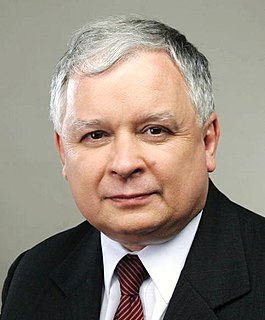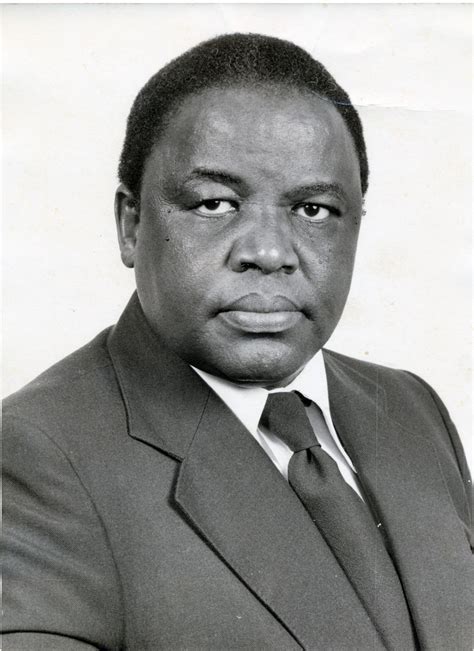A Quote by Antony Blinken
It is not O.K. for one sovereignty to dictate to another which countries or organizations it may associate with.
Quote Topics
Related Quotes
In
the creation of the federal government, the states exercised the
highest act of sovereignty, and they may, if they please, repeat the
proof of their sovereignty, by its annihilation. But the union possesses
no innate sovereignty, like the states; it was not self-constitute d; it
is conventional, and of course subordinate to the sovereignties by
which it was formed.
Countries such as Iraq, Iran, Libya and Syria, which support terrorist organizations and use terror to achieve their objectives, are precisely the same countries working tirelessly to acquire weapons of mass destruction. This combination creates a new dimension to the threat on our way of life in the 21st century.
All 'isms' run out in the end, and good riddance to most of them. Patriotism for example. [...] If in the interest of making sure we don't blow ourselves off the map once and for all, we end up relinquishing a measure of national sovereignty to some international body, so much the worse for national sovereignty. There is only one Sovereignty that matters ultimately, and it is of another sort altogether.
A share in the sovereignty of the state, which is exercised by the citizens at large, in voting at elections is one of the most important rights of the subject, and in a republic ought to stand foremost in the estimation of the law...That portion of the sovereignty, to which each individual is entitled, can never be too highly prized. It is that for which we have fought and bled.
There is no attribute of God more comforting to His children than the doctrine of Divine Sovereignty. Under the most adverse circumstances, in the most severe troubles, they believe that Sovereignty hath ordained their afflictions, that Sovereignty overrules them, and that Sovereignty will sanctify them all.
While the game of deadlocks and bottle-necks goes on, another more serious game is also being played. It is governed by two axioms. One is that there can be no peace without a general surrender of sovereignty: the other is that no country capable of defending its sovereignty ever surrenders it. If one keeps these axioms in mind one can generally see the relevant facts in international affairs through the smoke-screen with which the newspapers surround them.
America is among the countries the advance countries with the least equality of opportunity, which means that the - while I prospects of young American, a more dependent on the income and education's parents (ph) than another - other countries. So this notion of equal opportunity is sort of American dream is, is now a myth.
By the end of the 1960s, the United States owned more than half of the Indian rupee money supply, and that had been acquired through food aid. So I think it's very interesting to see the very long history of how sovereignty and food go together. When some countries remove another country's ability to feed itself, it is a very powerful tool. Imperialist countries, like the United Kingdom, like the United States, have used it for centuries.
We live in an inter-dependent world. An isolated India is not in our interest. Just because we are a large country, we cannot be arrogant and think that we can ignore others. We live in a different era. Terrorism is global and can come from even remote countries. International summits and organizations like WTO take decisions which will bind us and if we are not present in such summits, we may be hurt by the decisions taken.












































